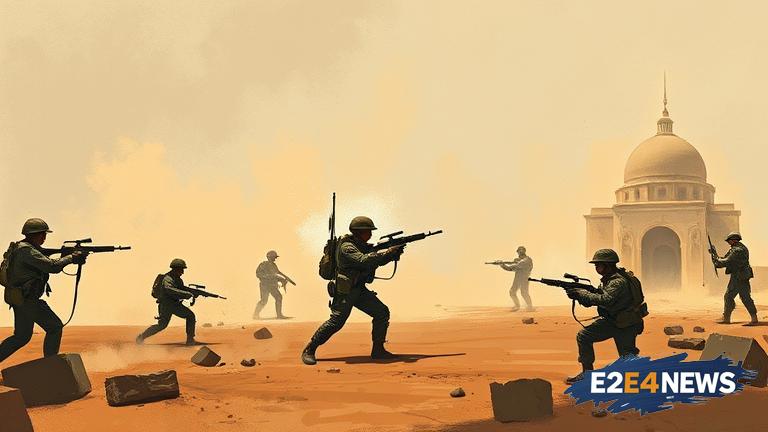In the ever-evolving landscape of modern warfare, conventional tactics often fall short in addressing the complexities of political-military problems. This is where unconventional warfare comes into play, offering a fresh perspective on how to navigate and resolve these intricate challenges. Unconventional warfare is not merely a set of tactics but a strategic approach that emphasizes the importance of understanding the operational environment, adapting to changing circumstances, and innovating beyond traditional military solutions. At its core, unconventional warfare involves operations conducted in a foreign country by a department of defense component, where the primary purpose is to achieve a strategic or operational objective through indirect means. This can include a wide range of activities, from training and advising foreign forces to conducting sabotage and intelligence operations. The essence of unconventional warfare lies in its ability to operate outside the conventional norms of military engagement, leveraging the element of surprise and exploiting the vulnerabilities of the adversary. One of the key advantages of unconventional warfare is its potential to achieve significant strategic effects with relatively minimal resources. By focusing on the psychological, social, and political dimensions of conflict, unconventional warfare can undermine an adversary’s will to fight and erode their support base, without necessarily engaging in direct combat. Furthermore, unconventional warfare operations can be tailored to fit the specific context of the conflict, allowing for a more nuanced and adaptable approach to problem-solving. This adaptability is crucial in today’s complex and dynamic operational environments, where the lines between military and political objectives are increasingly blurred. The success of unconventional warfare, however, depends on a deep understanding of the local culture, politics, and history. It requires a sophisticated level of cultural competence, allowing operators to navigate the complexities of foreign societies and build alliances with local partners. Moreover, unconventional warfare demands a high degree of flexibility and creativity, as operators must be able to think on their feet and adjust their plans according to changing circumstances. The training and education of unconventional warfare operators are also critical, as they must possess a broad range of skills, from language proficiency to expertise in advanced technologies. In addition, the integration of unconventional warfare into broader military strategies is essential, ensuring that these operations are aligned with overall campaign objectives and contribute to a unified effort. Despite its potential, unconventional warfare is not without its challenges and controversies. The use of proxy forces, for example, can raise ethical concerns and create unintended consequences, such as the proliferation of armed groups and the destabilization of entire regions. Moreover, the clandestine nature of unconventional warfare operations can make them difficult to oversee and regulate, potentially leading to abuses of power and violations of human rights. To mitigate these risks, it is essential to establish clear guidelines and oversight mechanisms, ensuring that unconventional warfare operations are conducted in a manner that is consistent with international law and humanitarian principles. In conclusion, unconventional warfare represents a vital component of modern military strategy, offering a unique set of tools and approaches for addressing complex political-military problems. By embracing the principles of adaptability, innovation, and cultural competence, military forces can leverage unconventional warfare to achieve strategic objectives in a rapidly changing world. As the nature of conflict continues to evolve, the importance of unconventional warfare will only continue to grow, necessitating a deeper understanding of its principles, challenges, and potential applications. The future of warfare will undoubtedly involve a blend of conventional and unconventional tactics, with the latter playing an increasingly prominent role in shaping the course of military campaigns. Therefore, it is crucial for military professionals, policymakers, and scholars to engage with the concept of unconventional warfare, exploring its implications and potential contributions to the resolution of complex political-military problems. Through this engagement, we can unlock the full potential of unconventional warfare, harnessing its power to create a more stable, secure, and just world. The study of unconventional warfare also underscores the importance of interdisciplinary approaches to conflict resolution, combining insights from political science, sociology, anthropology, and military history to develop a more comprehensive understanding of the complexities of modern warfare. By adopting such an approach, we can move beyond the limitations of traditional military thinking, embracing a more nuanced and adaptive framework for addressing the challenges of the 21st century. Ultimately, the effective employment of unconventional warfare requires a profound transformation in how we think about war and peace, recognizing that the boundaries between these two states are increasingly fluid and that the achievement of strategic objectives often depends on the successful integration of military and non-military means.
